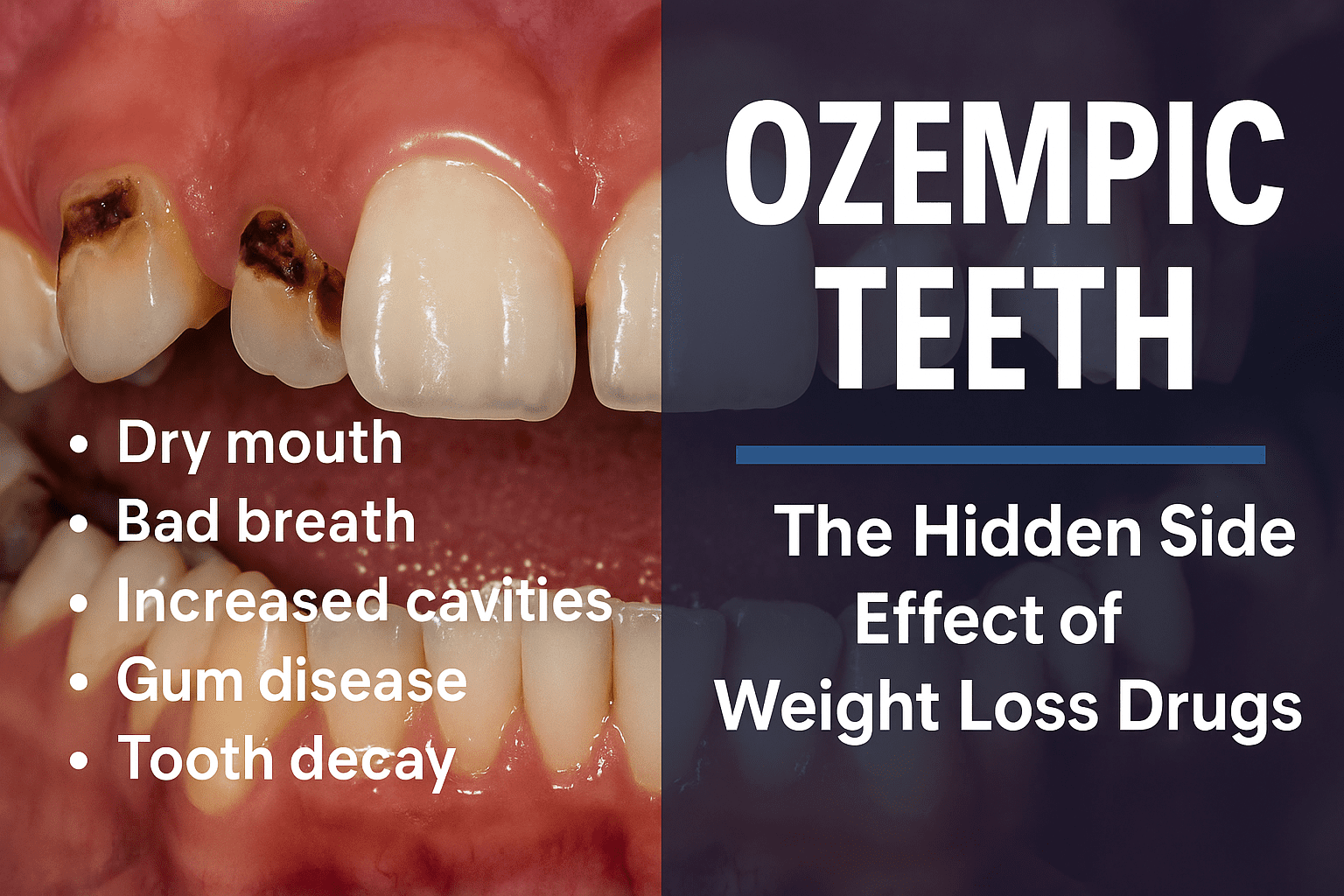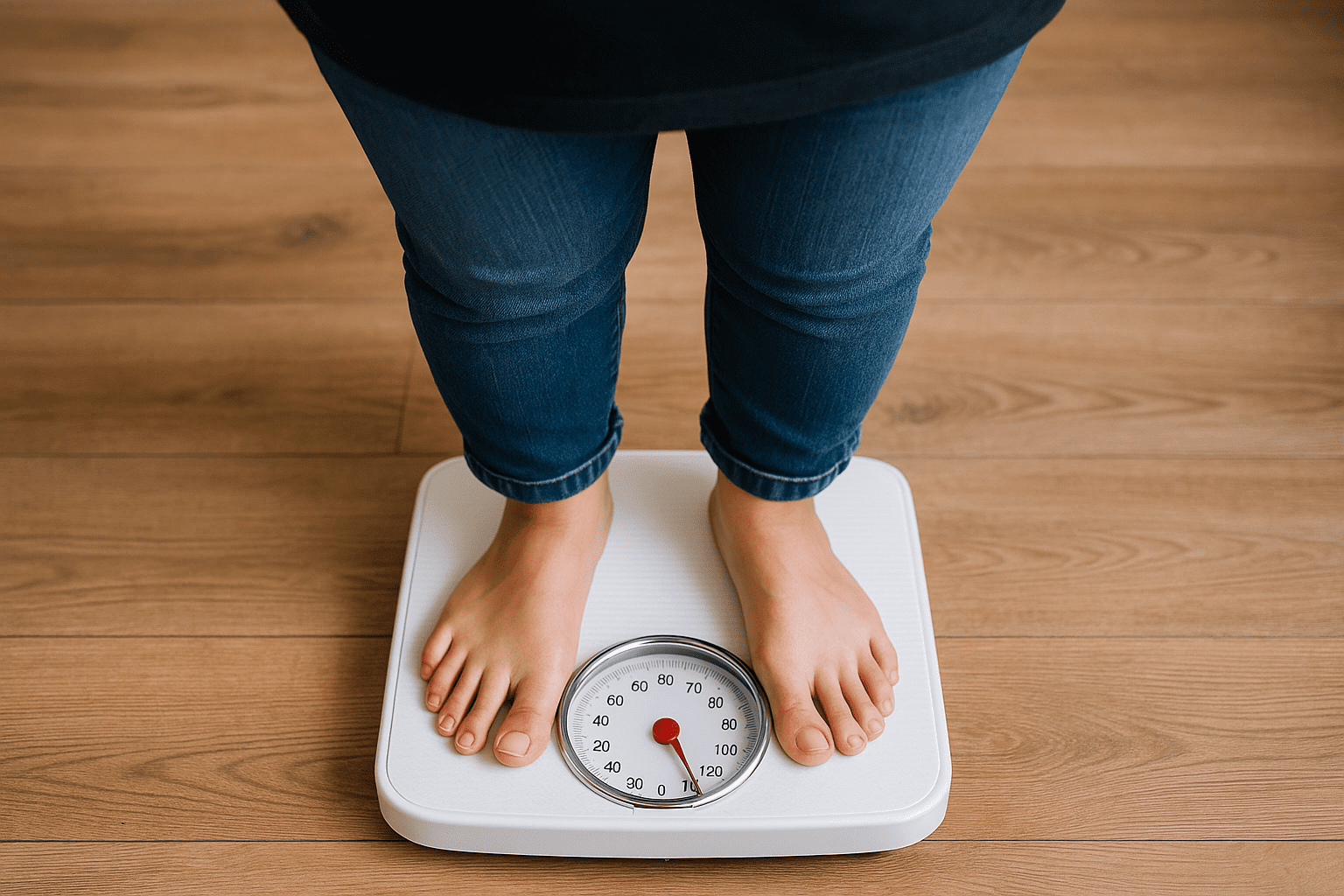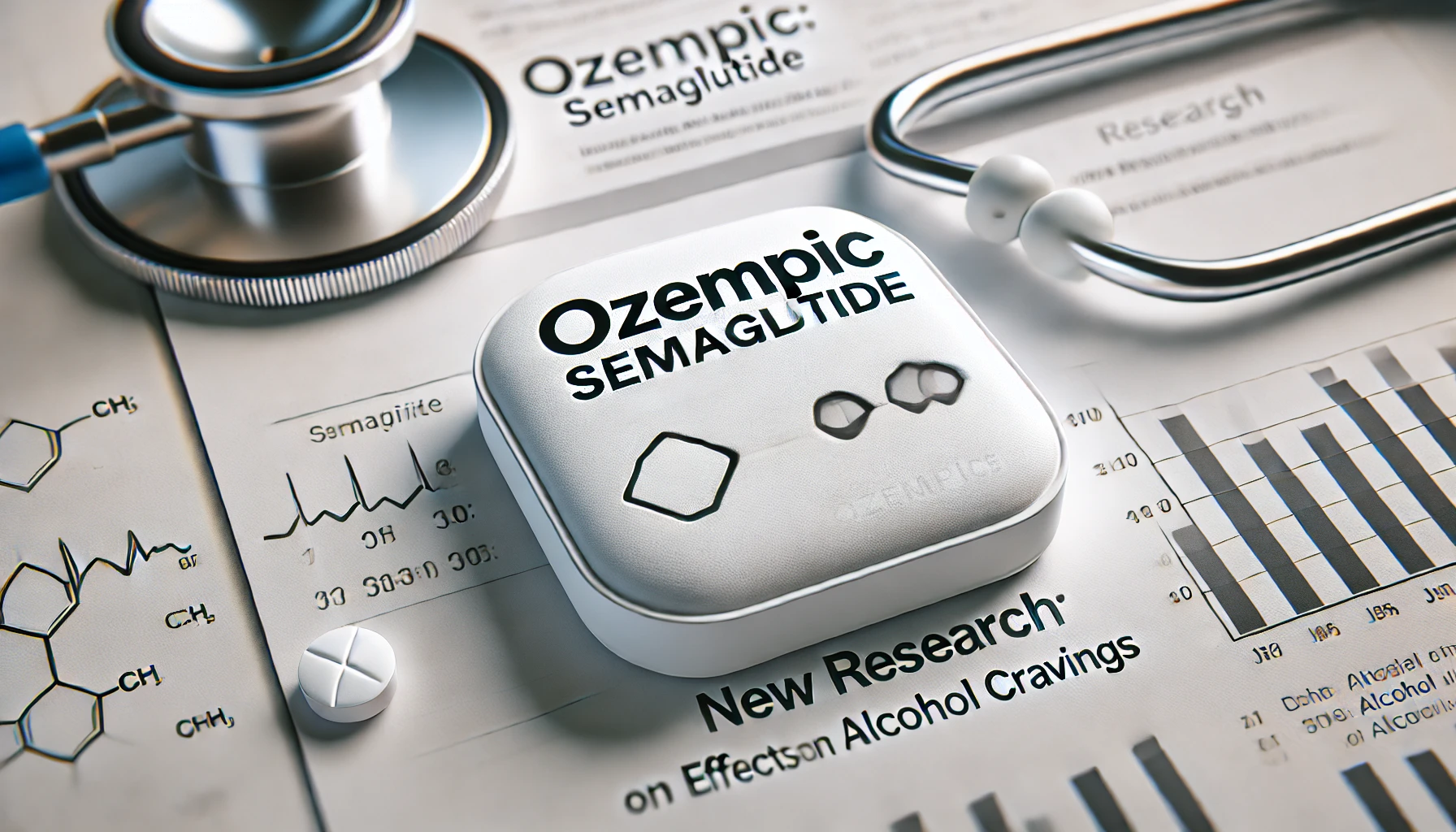In the world of weight loss medications, Ozempic has gained a reputation as a game-changer. Originally developed to manage type 2 diabetes, Ozempic—alongside other GLP-1 receptor agonists like Wegovy and Mounjaro—has become a go-to option for people seeking to shed excess weight. However, while the drug’s success stories are widely shared, a lesser-known side effect is starting to surface: “Ozempic teeth.”
What is “Ozempic Teeth”?
The term “Ozempic teeth” refers to a range of dental issues reported by individuals taking GLP-1 medications like Ozempic. These problems include:
- Dry mouth
- Bad breath
- Increased cavities
- Gum disease
- Tooth decay
While research on the direct link between Ozempic and oral health is still emerging, dentists and healthcare experts are noticing a pattern: patients using these medications are experiencing unexpected and often severe dental problems.
Why Does Ozempic Affect Dental Health?
The very mechanism that makes Ozempic effective for weight loss—its ability to suppress appetite and slow digestion—appears to have unintended consequences for oral health.
Here’s how:
- Reduced Saliva Production: GLP-1 medications can cause dry mouth by decreasing saliva flow. Saliva is essential for protecting teeth; it washes away food particles, neutralizes acids, and helps maintain healthy enamel. Without enough saliva, bacteria thrive, leading to cavities, gum disease, and bad breath.
- Acidic Damage: Common side effects of Ozempic, such as nausea, vomiting, and acid reflux, can expose teeth to stomach acids, weakening enamel and increasing the risk of decay.
- Less Frequent Eating: Because Ozempic curbs hunger, some users may eat less frequently, reducing the natural stimulation of saliva production that typically occurs during meals.
What Can You Do to Protect Your Smile?
If you’re using Ozempic or a similar medication, it’s important to take proactive steps to safeguard your oral health:
✅ Stay Hydrated: Drink plenty of water throughout the day to combat dry mouth.
✅ Practice Excellent Oral Hygiene: Brush at least twice a day, floss daily, and consider using a fluoride mouthwash.
✅ Inform Your Dentist: Let your dentist know if you’re taking Ozempic or similar medications so they can monitor your oral health more closely.
✅ Limit Sugary and Acidic Foods: These can exacerbate the risk of cavities and enamel erosion.
✅ Address Gastrointestinal Side Effects: If you experience frequent vomiting or reflux, talk to your doctor about ways to manage these symptoms.
The Bottom Line
While Ozempic and other GLP-1 medications offer significant benefits for weight loss and metabolic health, it’s important to be aware of the potential impact on your teeth. Maintaining regular dental checkups, staying informed, and taking preventive steps can help you enjoy the benefits of these medications without sacrificing your oral health.
Remember, a healthy body starts with a healthy smile!



